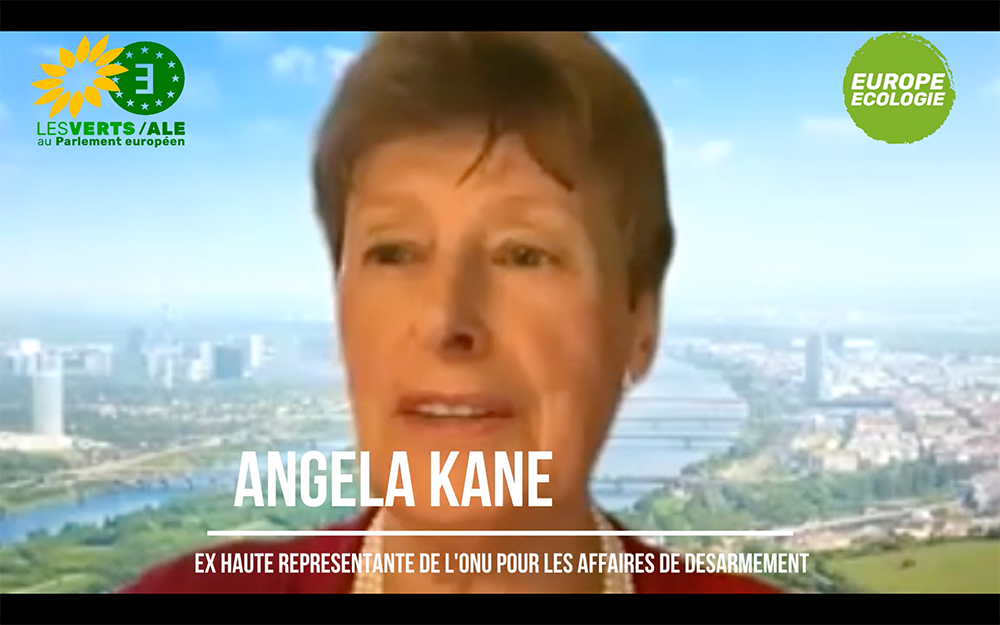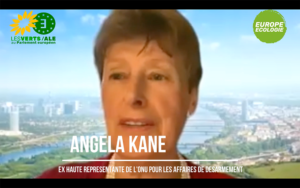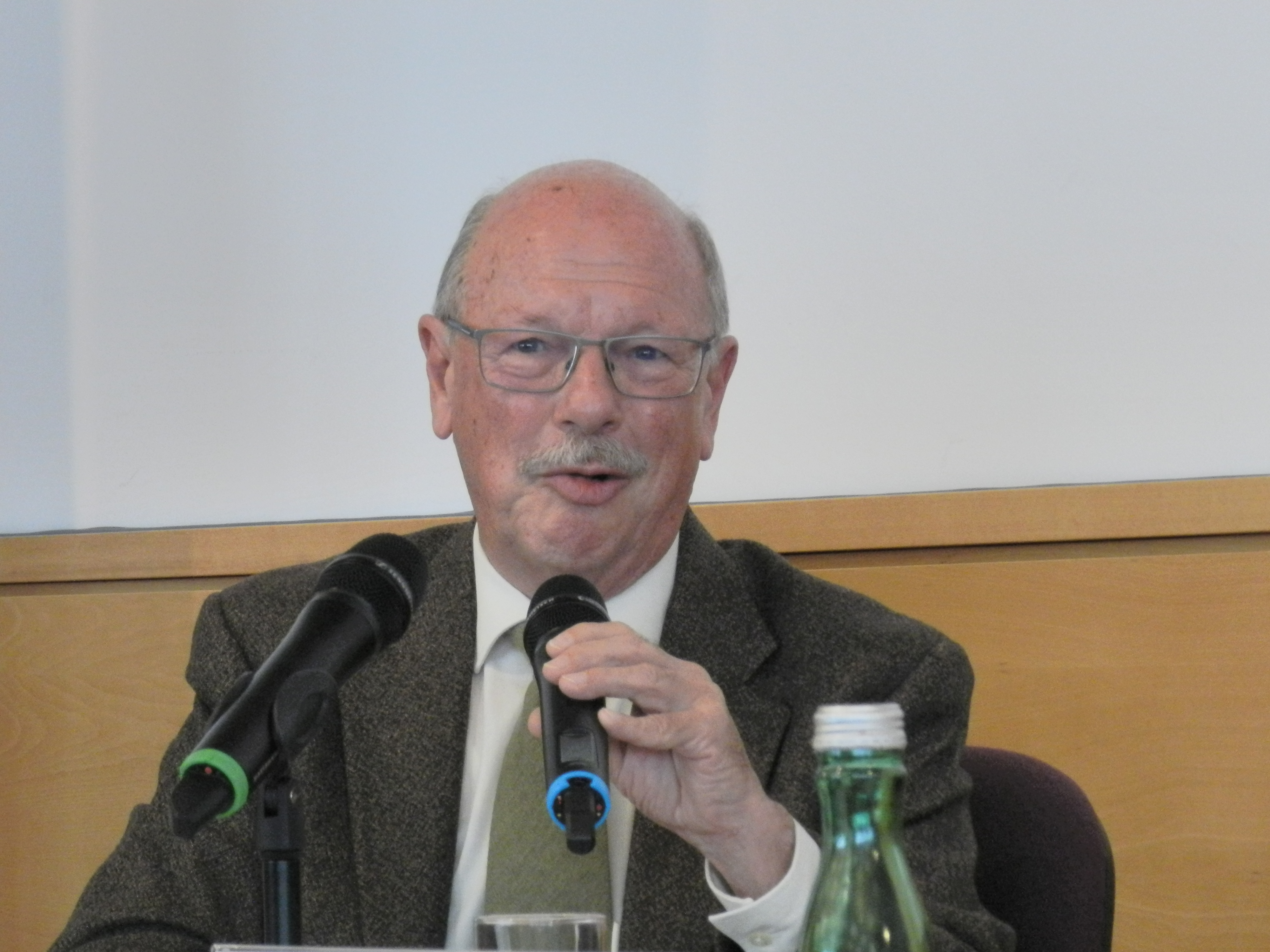

The first nuclear weapon was tested in 1945, but the legacy of nuclear testing remains today. VCDNP Senior Fellow Angela Kane discussed the mitigation of the effects of nuclear weapons testing and the role of the countries that themselves tested in a webinar organized by Mounir Satouri, a member of European Parliament in the Europe Ecology party.
The webinar was held following the publication of a recent study (published in French) that detailed the effects of French nuclear testing in Algeria since 1960, including the financial compensation offered to victims of that testing. The study made particular reference to Articles 6 and 7 of the Treaty on the Prohibition of Nuclear Weapons (TPNW), which call for states parties of the Treaty to provide assistance to victims of nuclear testing and for environmental remediation of affected areas.
Ms. Kane began her remarks by acknowledging that some countries that tested nuclear weapons made steps to address the damage done by nuclear tests, but that many of these steps came very late and offered too little. For example, a healthcare compensation fund was established for the victims of nuclear testing in the Marshall Islands in 1988 –this was 42 years after nuclear testing began in this region in 1946. Similarly, she noted that Semipalatinsk, a Soviet testing site in Kazakhstan roughly the size of France, remains uninhabitable to this day.
The other nuclear-weapon States under the Treaty on the Non-Proliferation of Nuclear Weapons have similar legacies of nuclear testing. Many of the victims have never been compensated.
On the relationship between the TPNW and nuclear testing, Ms. Kane observed that the Treaty and its requirement to provide assistance to victims of nuclear testing legally only applies to states party to it.
She made a number of recommendations to address the issue:
She expressed the view that the main responsibility lies with the countries that have tested, but that EU countries can and should apply pressure to nuclear-weapons possessors outside the EU to compensate those living near legacy nuclear testing grounds.
In the absence of action by countries that have tested nuclear weapons, EU countries can conduct studies on mitigating the effects of nuclear testing, both on human health and on the environment. Above all, she said, it is important to base outreach on the facts of nuclear testing, which the study that inspired the webinar provides.
See Ms. Kane’s full remarks below.

